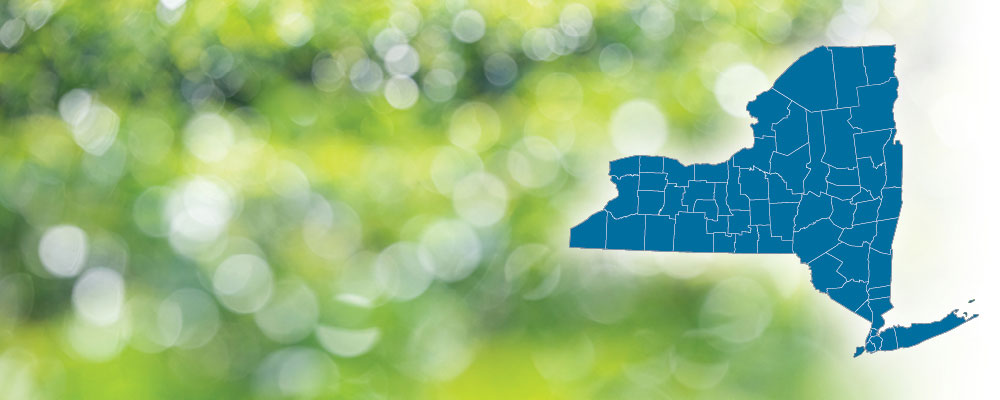Spotlight on Innovation: Metro IAF
Statewide

Showcasing Clean Energy Technologies: An Upgrade for Community Institutions
Funding clean energy retrofit projects for community buildings in historically disadvantaged communities offers multiple opportunities.
Problem
“Religious and community institutions are, in many cases, eager to act on their values by transitioning off fossil fuels. But for most of them, the path forward is unclear and filled with obstacles. Their buildings are complex and varied – each one presents a new set of challenges.”
– Joe Morris, Project Director, Metro IAF
Lack of funds.
Few community institutions have the financial resources for a comprehensive energy retrofit. Religious and community buildings are often complex, old, and inefficient – and each one is different. Many lack the funds to tighten the building envelope or invest in energy upgrades to replace fossil fuel-fired heating systems with electric heat pumps.
Lack of expertise.
These institutions often rely on volunteer leadership or part-time personnel for facility management. An independent engineer is required to assess the building and guide the institution through a successful energy transition.
Proposed Solution
Subsidize community institutions so they can cost-effectively transition their buildings off fossil fuels. These institutions can then serve as demonstration projects showcasing what clean energy technology is and how it works. Additionally, subsidized independent technical support will help mitigate the risk that outcomes won’t meet expectations or requirements.
By working with a critical mass of institutions, the project will create a clearer understanding of the unique challenges presented by this building segment, and of the critical practices and types of partners needed to ensure successful project outcomes.
Project Timeline
Initiated: April 2021
Expected Completion: April 2024
Goals and Objectives
This initiative seeks to work with local stakeholders and engineers to develop tailored, cost-effective services to help institutions move from conceptual plans to specific retrofit projects:
1.
Identify and engage 100 community building owners interested in minimizing fossil fuel use and learning about specific energy-saving measures. The majority of these buildings will be in disadvantaged communities.
2.
Develop long-range energy plans for 40 of these buildings. Individual roadmaps for reducing energy usage and emissions will be created. Roadmaps include an energy audit and a building capital plan.
3.
Assist 35 institutions in planning and implementing energy-saving retrofit projects. At least half of the projects will involve replacing oil- or gas-burning heating systems with heat-pump heating and cooling systems.
4.
Assess the potential for solar installation for 300 or more community institutions or other building owners and assist 25 or more building owners in executing contracts for solar installations using extensive outreach and a cooperative development process.
5.
Engage community institutions willing to serve as catalysts for exploring the feasibility of community geothermal systems.
6.
Highlight findings of completed demonstration projects. Valuable data and know-how can be gathered on aspects of building electrification.
Read about other building carbon decarbonization solutions.
Visit NYSERDA’s Innovative Market Strategies program page.
